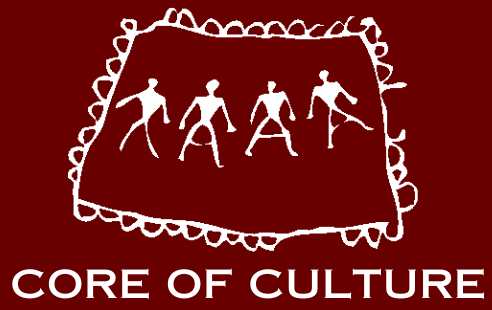Oratorio Erotico: Haymarket Opera Company at Gannon Hall
Chicago is home to one of the finest Baroque music groups inthe world, the Haymarket Opera Company. Haymarket is not the only exceptional Baroque music ensemble in Chicago, which has been associated with the highest levels of Baroque music and musicianship for decades. In a one-night only performance, the late 17th century oratorio, La Susanna, by Alessandro Stradella was performed at Gannon Concert Hall, a relatively new, mostly wooden performance hall at DePaul University with superb acoustics. This is all the more a treat when superb musicians and singers play without microphones. Haymarket Opera continues to provide Chicago with truly rare musical events; a fulsome unmodified harmonic experience of baroque music with its unique instruments, vocal dynamics and musical parameters; a taste of authenticity and the actual experience of early music.
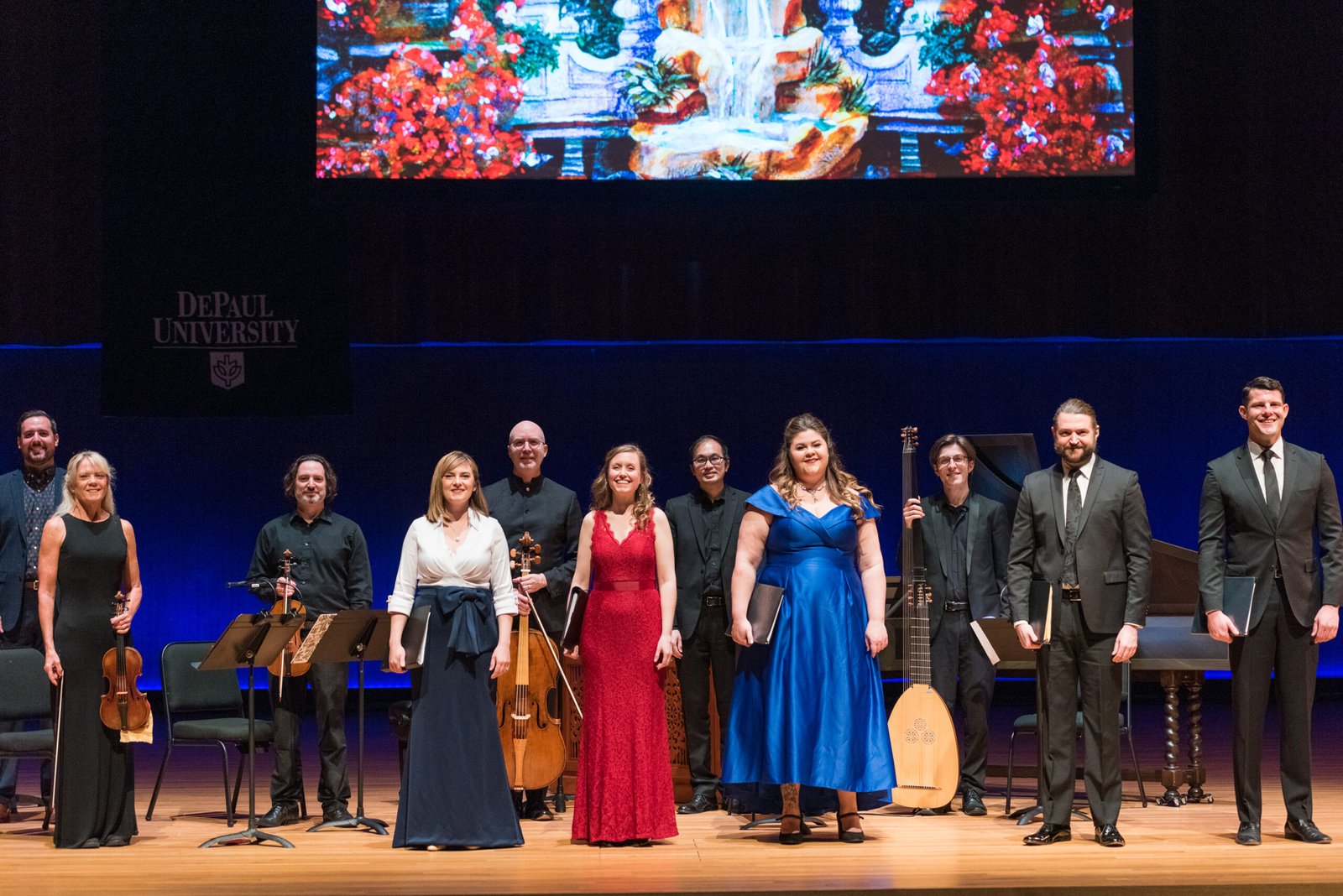
With five singers and five musicians, Haymarket once again brought to life an archaic form of entertainment, the oratorio erotico, and showed anew why it was so entertaining. This is not easy. The company knows itself very well, performing as a single breath, synthesizing their specialist skills. In a way the tight quality of the musicians, including the singers, is more like jazz than uptight classical posturing. There is no conductor per se. Lead violinist, Jeri-Lou Zilke was the concertmaster leading the ever-changing rhythms of this oratorio.
One song to the next, one phrased musical statement followed by another, is always marked by an entirely different rhythm and tempo. The music flowed like water non-stop, shifting tone and emphases, featuring different artists in turn. Relentless shifting rhythms bore the Biblical story of Susanna, who fought off a rape by two old men, who then accused her of adultery, had her tried in court, convicted and sentenced to death by stoning. Just before the first rock is hurled at innocent Susanna, the prophet Daniel appears, deus ex machina, and proves that the two lecherous old men are liars. Daniel has them convicted and stoned to death. The ensemble leaves us praising Susanna’s virtue and the goodness of God. The plot provides part of the entertainment value: beauty, nudity, and lechery; attempted rape, injustice, and brutality; blackmail, corruption, and imprisonment; justice, God, and finally morality reinforced.
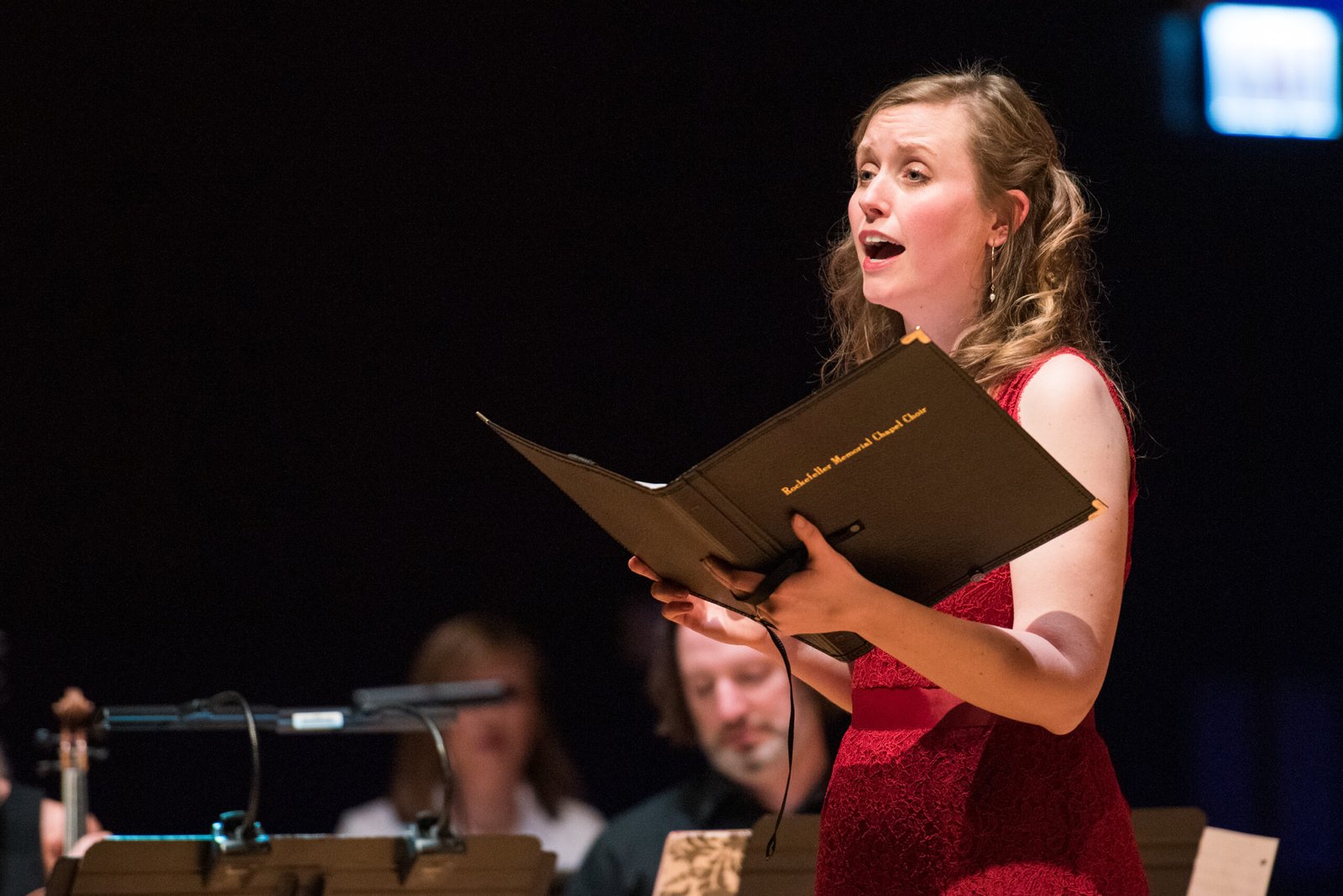
La Susanna is a 2-part oratorio, originally and for many years performed with a priest providing a sermon in between the two parts, in which the Biblical story is recounted without the poetic and emotional license of the libretto, and a homily explaining the moral lesson is given. It is a sub-genre of late 17th century music, oratorio erotico, meaning a story about the passionate nature of women from the Old Testament. In this case of religious oratorio, we have an example of Church-based early drama, more storytelling than theater, and most of all a conceit for exquisite singing. Stradella was one of the most popular and prolific composers of the late 17th century. It is easy to be caught up in the music and storytelling of LaSusanna; not difficult to understand why such a piece was popular, especially among the pious, who got a juicy piece of scandalous storytelling along with a moral lesson.
Baroque operas often have flimsy plots. La Susanna is no exception whether in the Biblical telling of it within the Book of Daniel, or in the libretto by Giovanni Battista Giardini, whose text lifts the sordid story into an emotional contemplation of fate and beauty, of injustice toward women, and facing oneself directly in the heart. These sonorous themes transcend the wanton and unjust story. When the emotionally distilled poetry of the libretto (shown in supertitles above the ensemble) meets the sheer beauty of Stradella’s arias and recitatives, human feeling touches cosmic justice. In this score, precise and seemingly simple passages composed in counterpoint are extended to sustain doleful arias, sometimes among only 3 artists, carrying a spiritual lament with the gossamer strength of a spider web. Susanna was sung by soprano Kaitlin Foley. In these sensitive arias, which range from quiet pain to soaring emotional pitch, the precision of Foley’s singing was attention getting, borne by her liquid quality in cascading descents and the clarion expansion of her voice in the matter of an instant, all unified in the single trauma of one woman’s character.
Tenor William Dwyer, who portrayed one of the lecherous judges, stood out for his sparkling stage presence and commanding quality of voice. Had his energy and personal composure characterized the whole set of singers, it would have been a more dramatic and theatrical performance of this storytelling oratorio. The theater itself is a double-edged sword. On the one hand the acoustics are superb. On the other hand, it lends the atmosphere of a collegiate recital hall, and that can drag a performance down toward recital like interpretations. This must be resisted, and DePaul University should remove the logo from the back of the stage.
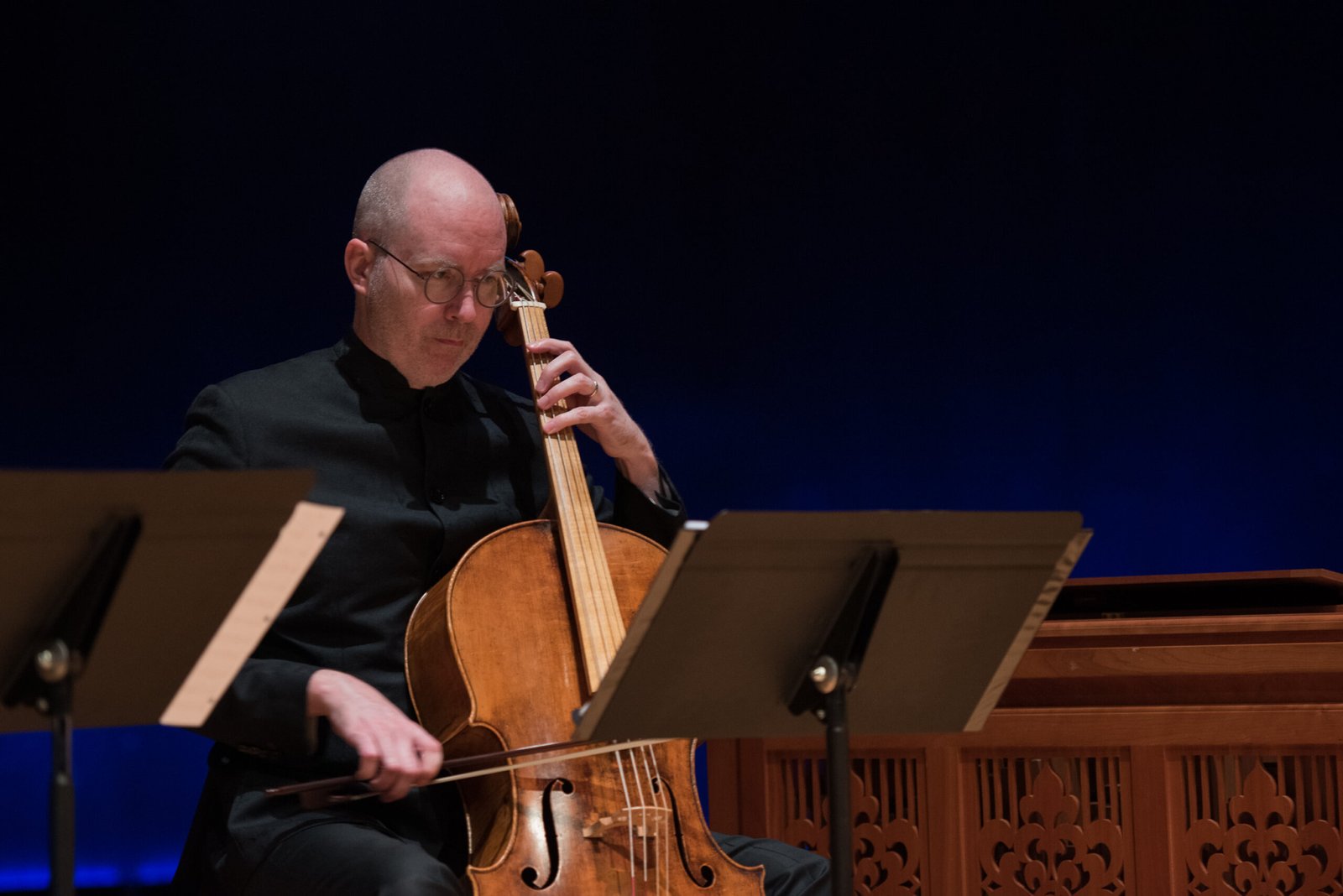
Bass/baritone Aaron Wardell, who portrayed the other lecherous judge, regrettably was glued to his score, almost never looking up, thereby singing downward into his book most of the time. This affected group harmonies and tonal quality – one of the aesthetic products of such a contained production. The narrator, Testo, was played by Mezzo-soprano Quinn Middleton. She, by contrast, fulfilled her role as presenter of the story with aplomb, and it appeared she’d memorized the whole score; she rarely looked at her book. Her haunting full-throated roundness of tone brought tangible moments of surprise and threat in her dramatic telling. She used her diction to complete the shaping of sounds in recitative passages, so appropriate to the details of storytelling.
Haymarket Opera walks an interpretive tightrope between fully realized multi-art operas; realizing the professional dramatic potential in a Biblical oratorio; and recital caliber performances. Even beautifully filmed performances shot during covid were called opera but were unstaged, recital-like performances of people wearing evening clothes and standing around. It ain’t opera, even when well filmed and wonderfully performed. It’s all very good indeed, but let us not confuse it for the rich multi-art complexity that is true baroque opera. This context for synthesized arts impacts the delivery in performances, in fact, the authenticity of performances. In this oratorio it was if the Baritone was giving a skillful recital, and the Mezzo was giving a professional theatrical performance. Familiarity with the score counts for much of the interpretive potential. We need Haymarket to continue to break the stultifying recital typicality of many baroque performances. Few are actually poised to do it. Haymarket has everything, including a world-class baroque choreographer. At their best, there’s nothing more alive than a Haymarket performance.
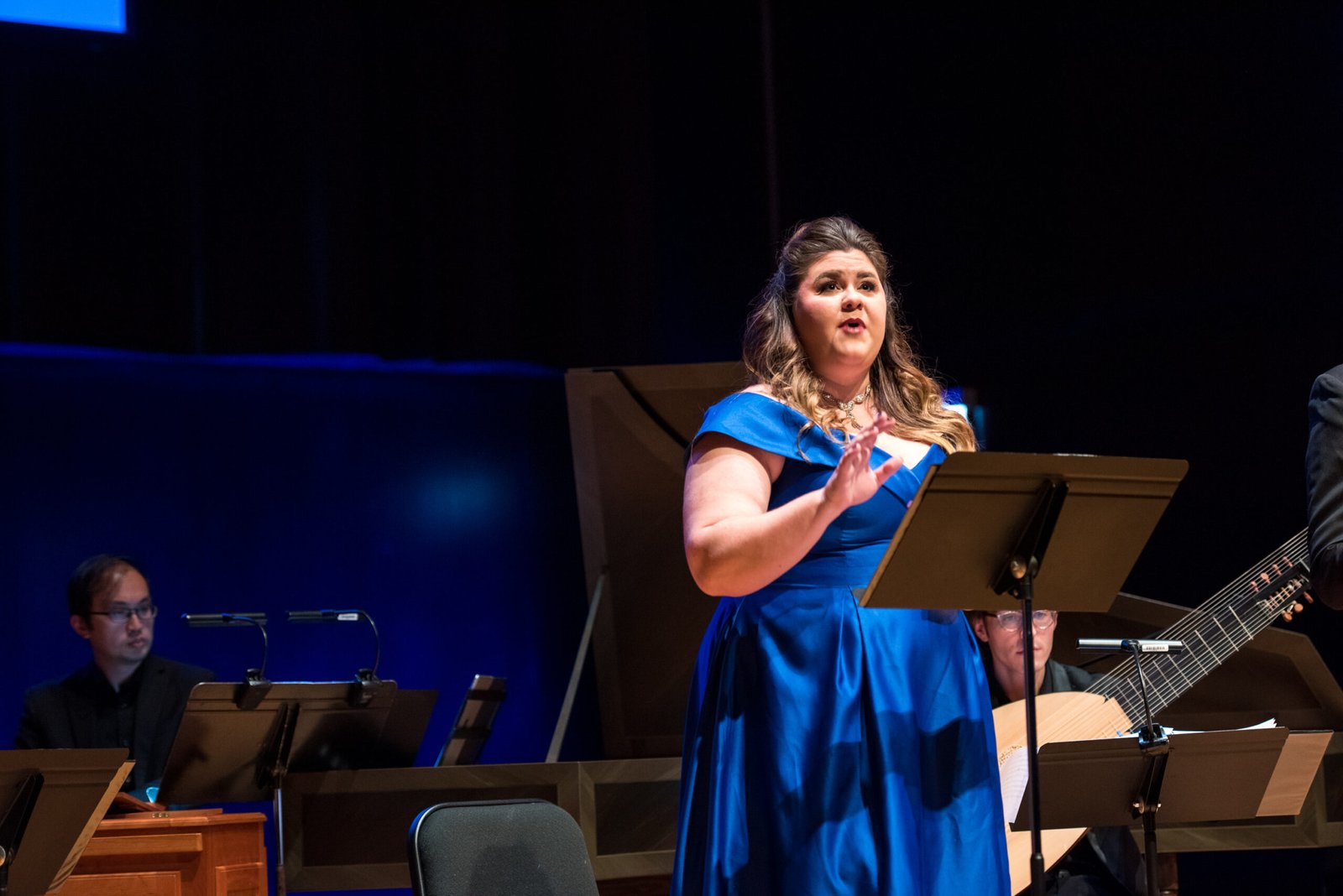
Another familiar score helps us understand dramatic potential in a religious oratorio: Jesus Christ Superstar, A Rock Oratorio, by Andrew Lloyd Webber and Tim Rice, first performed in 1971 with an orchestra onstage, low bleachers for a chorus and a handful of soloists: ie, staged as a classical oratorio. I am old enough to have seen this production. I consider it more dramatic and musically powerful than the many theatrical and filmed productions that followed this high-minded production. It was intended as an oratorio – but if sung without theatrical drama, the music fails to find its complete expression. An oratorio leaves a lot of the action to the mind of the audience, reveling in the high quality of the musical interpretation of human emotion.
While the oratorio La Susanna is regarded within opera history as making the determining case for the superiority of arias over recitative for the most significant moments of the work, both the recitative and aria writing is unique, poetic and emotionally expressive. The recitative passages were pure pleasure and musically sophisticated ways to advance the plot.
This score made use of counterpoint in such ways that artists were performing together but not always at the same time; at times it seemed no one was accompanying anyone else. Often two or three distinct lines of melody wove together as independent virtuosities. It might have been a trio: harpsichord, cello, and the enormous lute theorbo, playing along with Susanna’s lament. All performed in counterpoint to one another, distended so that it was if four solos were being played. Thanks to my excellent seat, I could admire Haymarket Opera Company founder and director Craig Trompeter’s spellbinding cello playing, as he immersed himself in the beautiful restless music coursing the story and the singing along. Why is Haymarket Opera Company so great? Observe its leaders and their example of excellence.
Reflecting his leadership, the entire ensemble of ten specialist musicians were immersed in the work, bringing it to life after more than three hundred years. What a fine artistic concept: to re-tell a Biblical story with the devices of a baroque oratorio. Even better a live artistic performance. It is amazing, really, in 2022, in Chicago, that we can experience such rare and refined musical experiences as Haymarket Opera Company delivers with such exceeding professionalism and grace.
